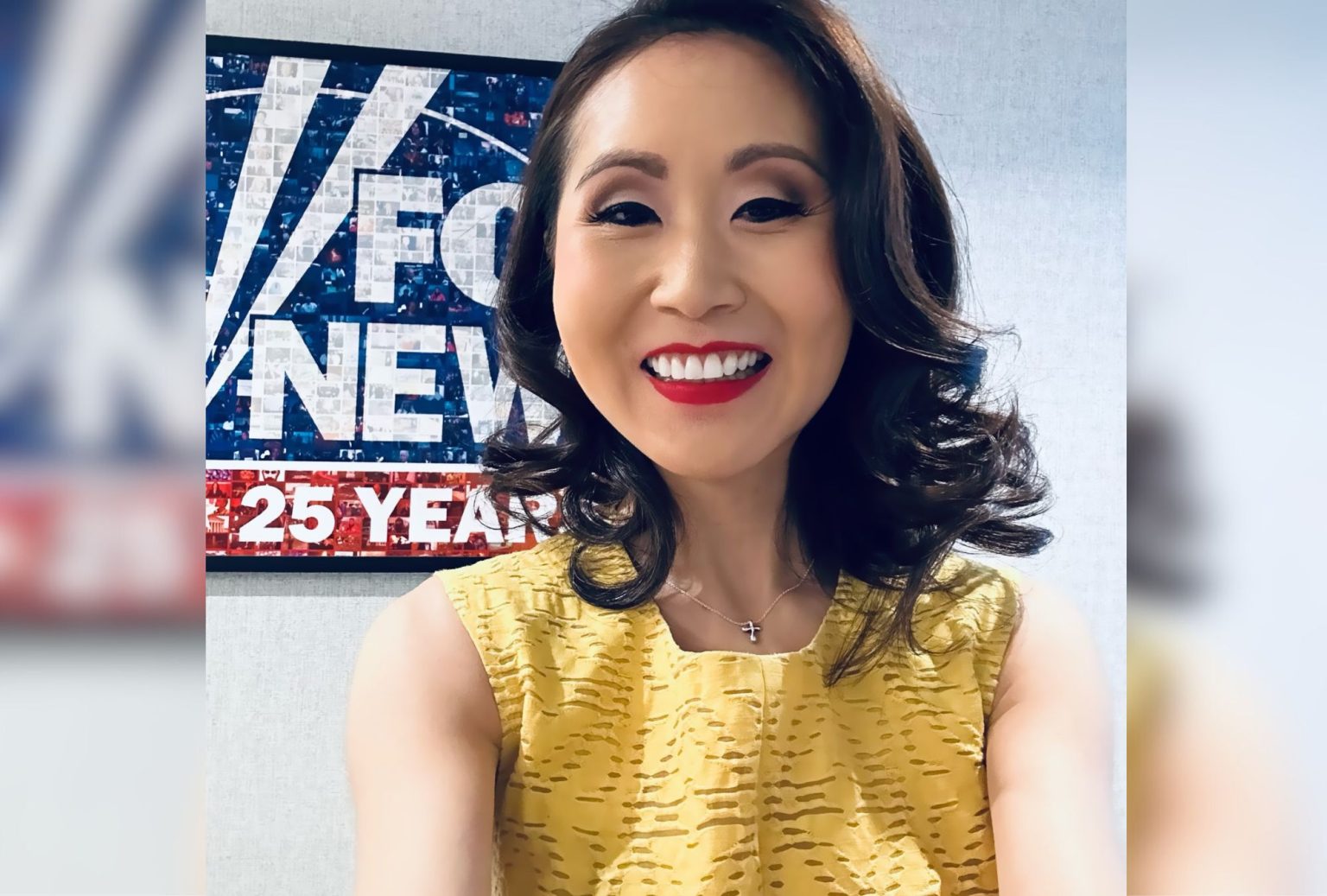Lindy Li’s dramatic exit from the Democratic Party has ignited a firestorm of controversy, raising questions about party unity, tolerance of dissent, and the broader political landscape as the 2024 election looms. Li, a prominent DNC fundraiser, publicly likened her departure to “escaping a cult,” alleging a toxic internal culture that stifled free speech and punished those who dared to question the party line. Her criticisms, primarily directed at Vice President Kamala Harris and President Joe Biden, escalated into open support for Donald Trump’s defense secretary nominee, Pete Hegseth, further inflaming tensions and prompting accusations of disloyalty. This highly publicized defection has not only exposed internal fissures within the Democratic Party but also fueled a broader national conversation about political tribalism and the potential ramifications for the upcoming election cycle.
Li’s accusations paint a picture of a party intolerant of internal critique, where questioning the leadership of Harris and Biden resulted in swift and severe repercussions. She claims to have been subjected to coordinated online attacks, losing tens of thousands of social media followers and facing accusations of being a “grifter.” This alleged suppression of dissent, according to Li, created an environment akin to a cult, where loyalty and adherence to the established narrative were paramount, and any deviation was met with hostility and ostracization. Her experience, whether representative of a broader trend or an isolated incident, has undoubtedly fueled concerns about the Democratic Party’s ability to engage in healthy internal debate and adapt to evolving political realities.
The timing of Li’s departure, coupled with her subsequent embrace of figures associated with the opposing political camp, adds another layer of complexity to the narrative. Her attendance at Trump’s inauguration and expressed willingness to collaborate with conservative organizations signal a significant political realignment. This shift underscores the growing polarization of the American political landscape, where individuals are increasingly drawn to extreme positions and find themselves alienated by the perceived rigidity of their former political affiliations. Li’s case highlights the potential for such disillusionment to lead to dramatic shifts in allegiance, potentially reshaping the political landscape and influencing election outcomes.
The fallout from Li’s departure has been swift and multifaceted. Democratic strategists have publicly dismissed her as an opportunist, while others within the party have voiced concerns about the broader implications of her criticisms. The incident has reignited discussions about the Democratic Party’s perceived weaknesses, particularly its handling of economic issues and its ability to connect with working-class voters. Some analysts suggest that the party’s perceived focus on identity politics and progressive social issues may have alienated a segment of the electorate, creating an opening for figures like Trump to capitalize on economic anxieties and a desire for change.
Li’s claims, while controversial and contested, have resonated with some who share her concerns about the direction of the Democratic Party. Her narrative of being silenced for expressing dissenting opinions taps into a broader societal anxiety about the suppression of free speech and the increasing polarization of political discourse. Whether her experience is indicative of a systemic problem within the Democratic Party remains a subject of debate, but it has undoubtedly contributed to a growing sense of unease among some voters and raised questions about the party’s ability to address internal divisions and present a united front in the upcoming election.
Looking ahead, Li’s departure and the ensuing controversy are likely to continue shaping the political narrative in the lead-up to the 2024 election. Her public pronouncements and alignment with conservative figures will undoubtedly be scrutinized, and her story may become a rallying point for those critical of the Democratic Party. The incident also serves as a cautionary tale for both parties, highlighting the importance of fostering open dialogue, addressing internal dissent constructively, and remaining responsive to the concerns of a diverse electorate. The ability of the Democratic Party to navigate these challenges and present a compelling vision for the future will be crucial to its success in the upcoming election cycle.


